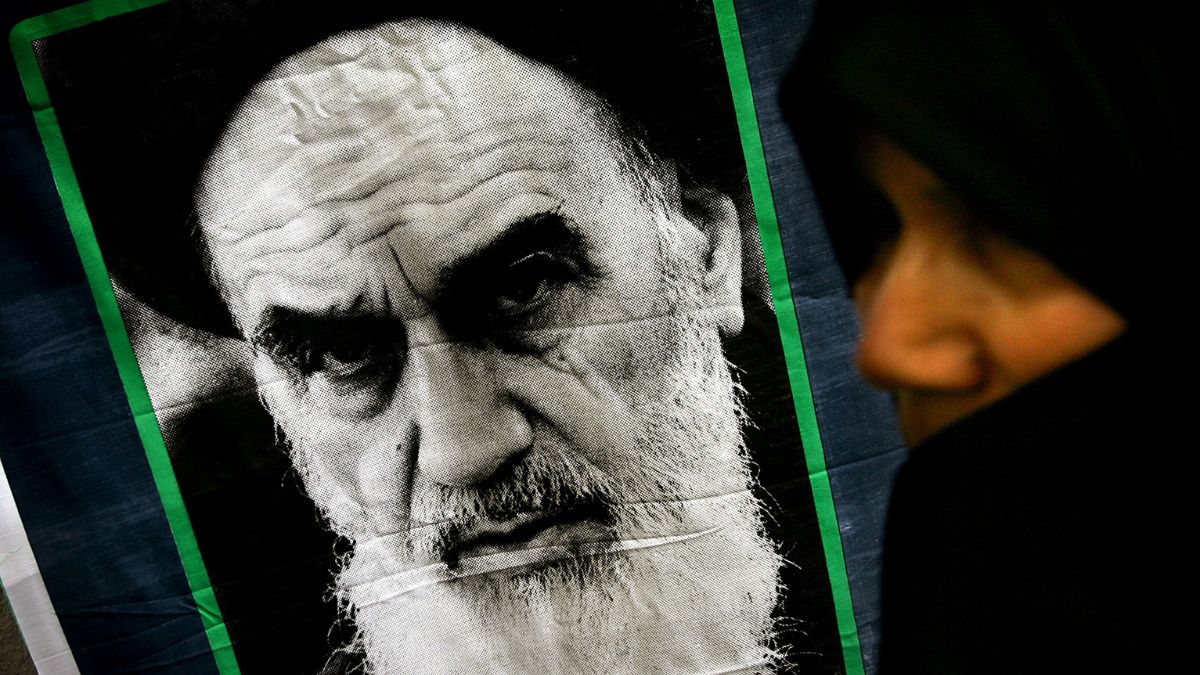Prime Minister Benjamin Netanyahu has long insisted that Israel’s military offensive against Iran is aimed at preventing Tehran from acquiring a nuclear weapon. However, the scale and breadth of Israel’s recent strikes — targeting not just nuclear and missile sites but also core regime infrastructure — have prompted growing debate about whether Netanyahu’s ambitions may extend to regime change in Iran.
After launching a surprise wave of airstrikes on June 12-13, Israel struck more than a dozen locations across Iran in its largest assault since the Iran–Iraq War, under the codename Operation Rising Lion. The Israel Defence Forces (IDF) and Mossad targeted nuclear sites at Natanz and Isfahan, missile complexes, and military installations, killing several top commanders and nuclear scientists.
While the initial focus was on degrading Iran’s nuclear programme , subsequent attacks have reached deep into the regime’s political and security core, including the foreign and defence ministries, police headquarters, and the state broadcaster in Tehran.
Israel has also hit major energy infrastructure, such as the South Pars gas field, the world’s largest natural gas reservoir. Analysts say these targets are crucial to the regime’s military logistics and economic stability. What Israel is doing looks incremental in logic. It seems to have set a priority of targets. In the first stage, Israel is looking to slow down, if it can’t end, Iran’s nuclear programme . The second aim is clearly to cripple the Iranian military by targeting its delivery systems and the leadership that controls them.
As the final goal that Netanyahu has repeatedly and some experts believe that’s Israel’s evolving strategy — known as the “Octopus Doctrine” — is to shift from targeting Iran’s proxies to striking at the regime’s head. They argue that Israel’s real objective behind attacks on energy infrastructure is to trigger a social unrest against the Islamic Republic, challenging it from within.
Impact Shorts
More ShortsNetanyahu has made direct appeals to the Iranian public, urging them to “stand up to the regime” and suggesting Israel’s campaign could “clear the path for you to achieve your freedom”. This approach could be counter-productive for Israel. It has been seen world over that when countries are attacked by a foreign power, the population rallies around the flag, which becomes their identity. Experts caution that foreign intervention rarely triggers regime change and could even backfire, strengthening the regime by rallying nationalistic sentiment.
On the ground, the conflict has been devastating. Iran’s health ministry reports more than 200 people killed, including many civilians, and over 1,000 injured. Strikes on residential areas and public infrastructure have added to the toll, while the IDF has warned civilians to evacuate areas near military sites.
Despite Israel’s tactical successes — achieving aerial superiority over Tehran, destroying missile launchers, and eliminating senior military figures — the regime’s core remains intact. Much of Iran’s underground nuclear enrichment capacity, especially at Fordow, has survived, and Iran has vowed to accelerate its programme once hostilities cease.
Meanwhile, the risk of wider regional escalation is growing, with Iran and its proxies threatening further retaliation and mediation efforts underway to prevent further conflict. There’s an increasing possibility of the US getting involved in the Israel-Iran military conflict. US President Donald Trump is said to be reviewing his policy of keeping a safe distance from Netanyahu’s aggressive moves against Tehran.
While Israel’s strikes have dealt serious blows to Iran’s military and political leadership, the prospect of regime change remains highly uncertain, at least for now despite reports of Iran’s Supreme Leader
Ayatollah Ali Khamenei having been isolated and his son taking all key decisions or rumours that Khamenei is planning to flee Iran.
External pressure may destabilise, but it can just as easily unify a population behind its government in times of crisis. For Netanyahu, the stakes are high: failure to achieve his stated aims could have profound consequences for his own political future.
)